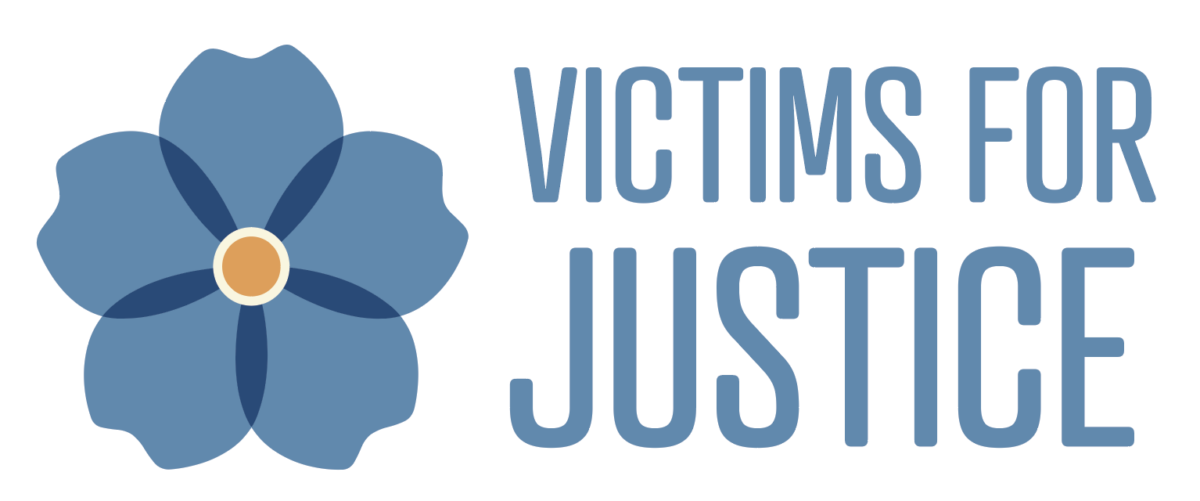Thank you to Gov. Mike Dunleavy and legislators for understanding that the massive cut in federal funding that victim services agencies were facing this spring would have been absolutely devastating. Thank you for prioritizing the work VFJ and others do to serve victims of violent crime in Alaska.
While VJF still faces a reduction in funding as of July 1, we are no longer facing financial disaster. Thank you to everyone who contacted elected officials and testified on behalf of victim services. We still need Congress to #FIXVOCA, meaning pass legislation that would amend the Victims of Crime Act (VOCA) from which VFJ receives most of its funding.
More than 30 victim service organizations in Alaska, including VFJ, face a looming 35% cut to VOCA funds — funding that keeps shelters open, operations running and staff paid. In short, it’s because VOCA funding comes from the Crime Victims Fund and deposits into that fund from criminal penalties, forfeitures and fees have been on the decline.
The drop is partly due to COVID-related court delays but also because federal prosecutors are increasingly relying on deferred and non–prosecution agreements to resolve white-collar cases. Penalties that result from these type of agreements are deposited into the general treasury, not the Crime Victims Fund.
A bipartisan effort is underway in Congress to amend how the Crime Victims Fund receives its funding. It’s called the VOCA Fix bill. More than 50 state attorneys general have called on Congress to take steps to replenish the Crime Victims Fund.
- Redirecting fines and fees from corporate deferred and non-prosecution agreements to the Crime Victims Fund.
- Increasing the rate of federal reimbursement to states for victim compensation programs.
- Extending the amount of time VOCA funds can be spent.
The VOCA Fix bill would restore funding by redirecting fines and penalties from deferred and on-prosecution agreements to the CVF.

Recent Comments